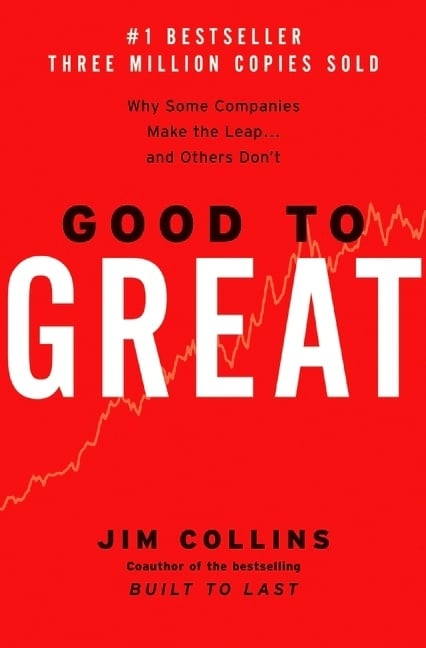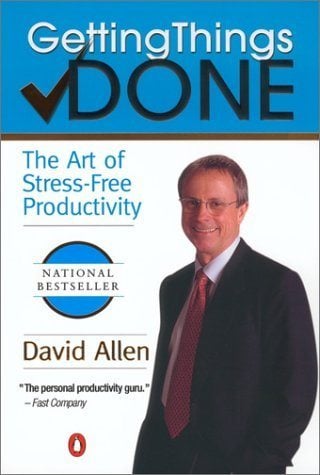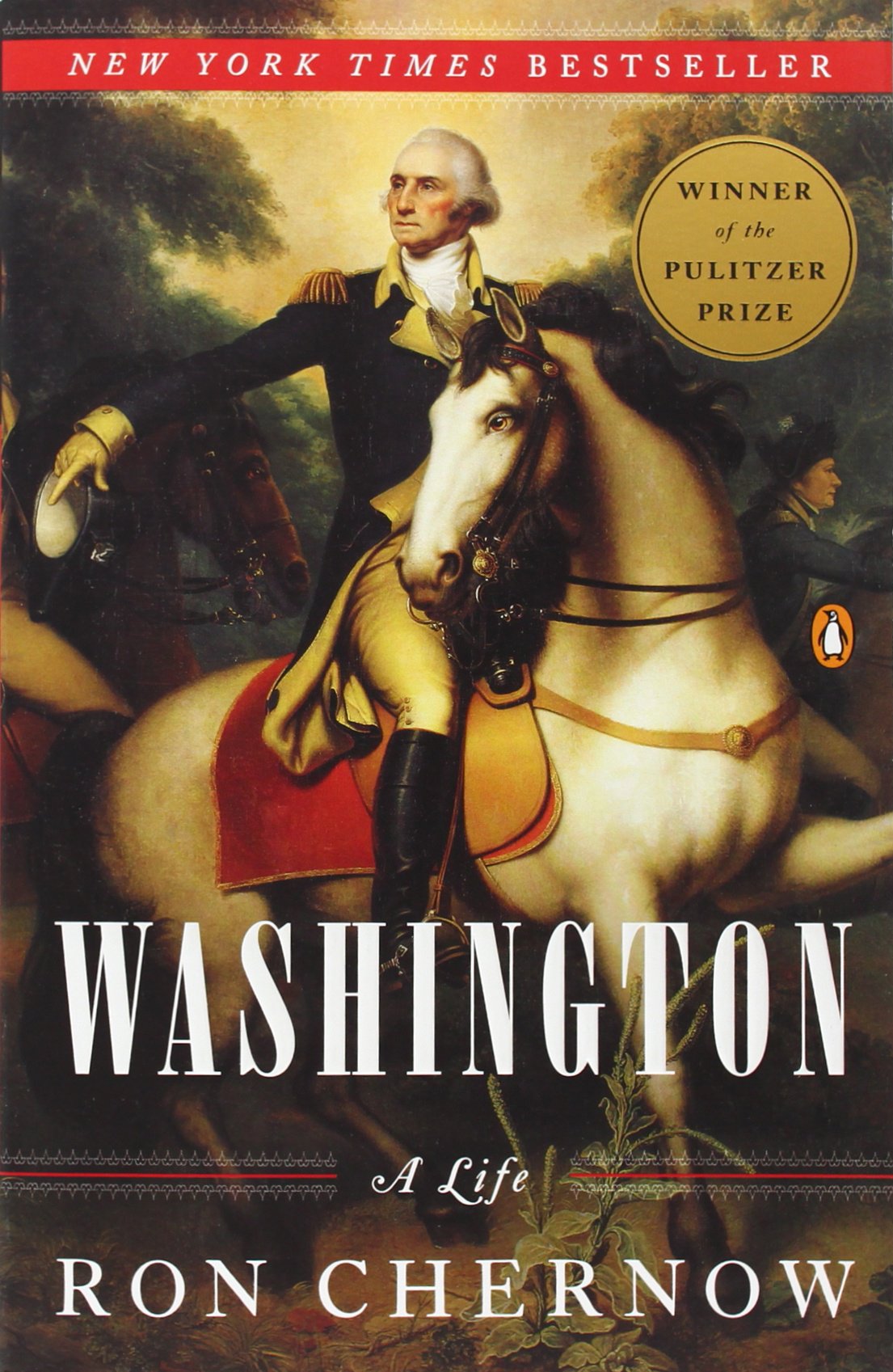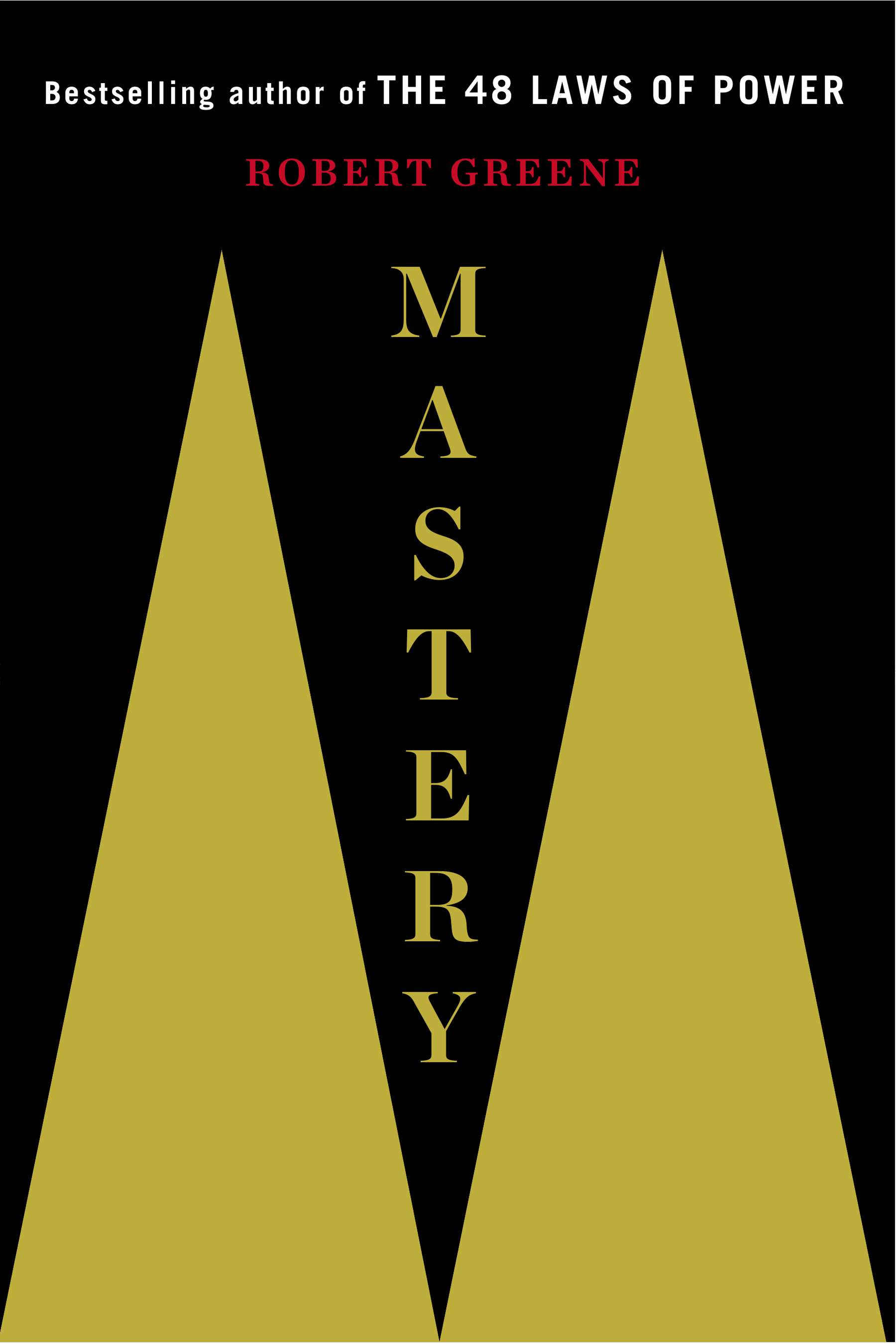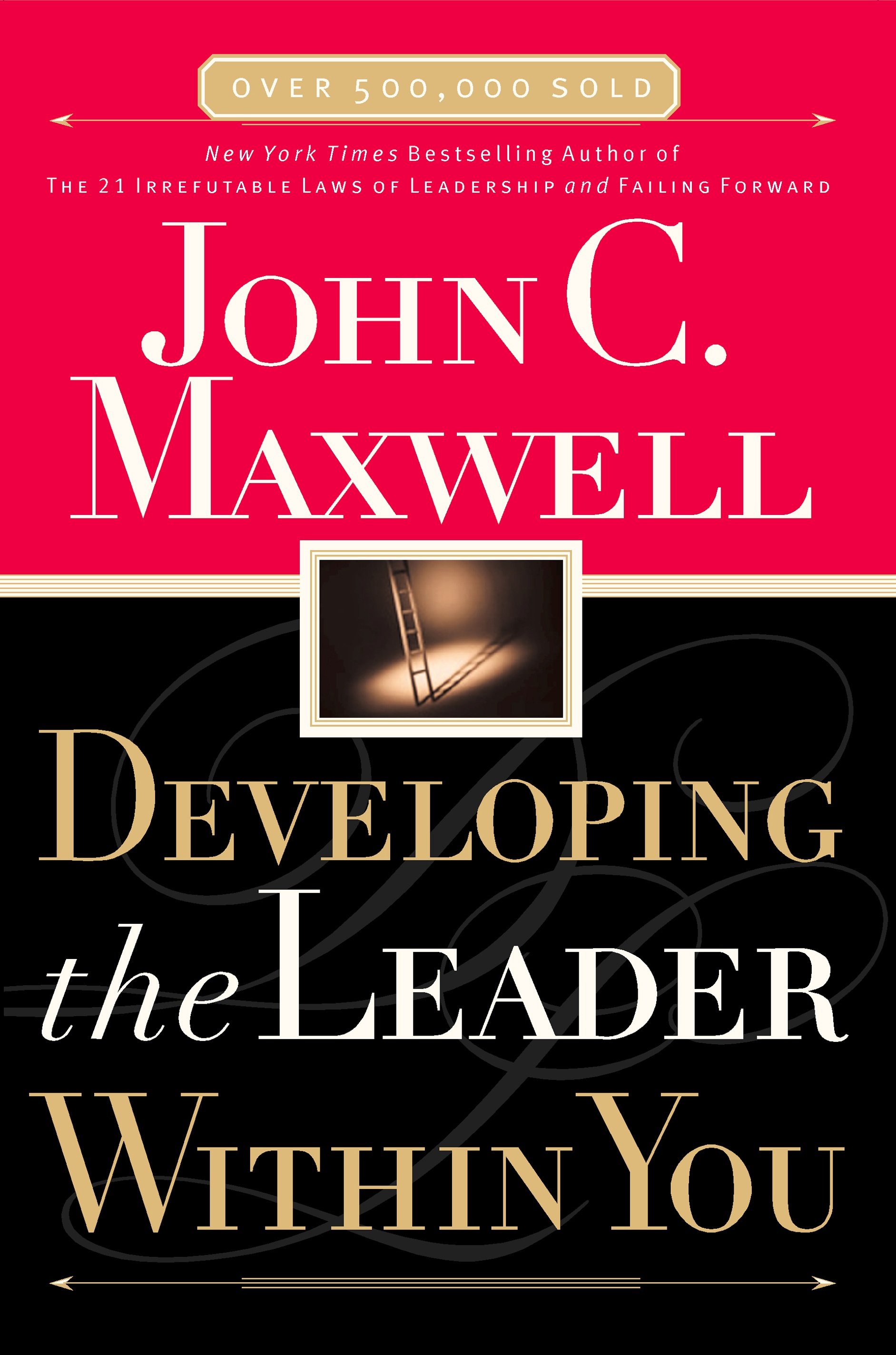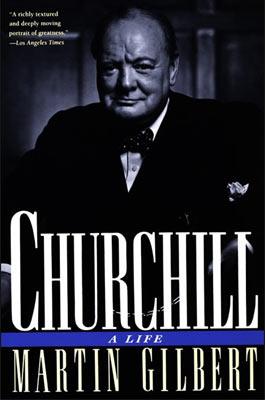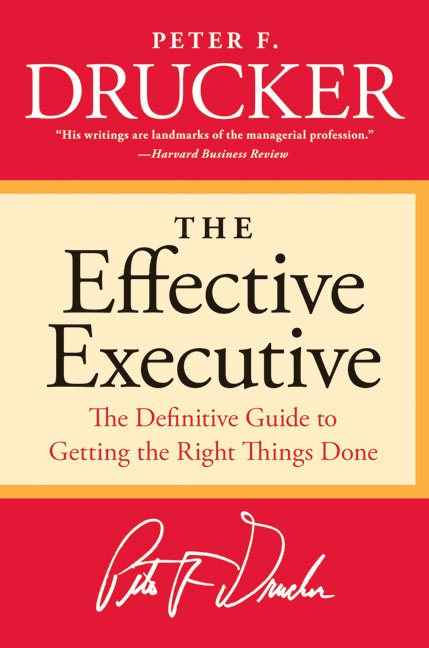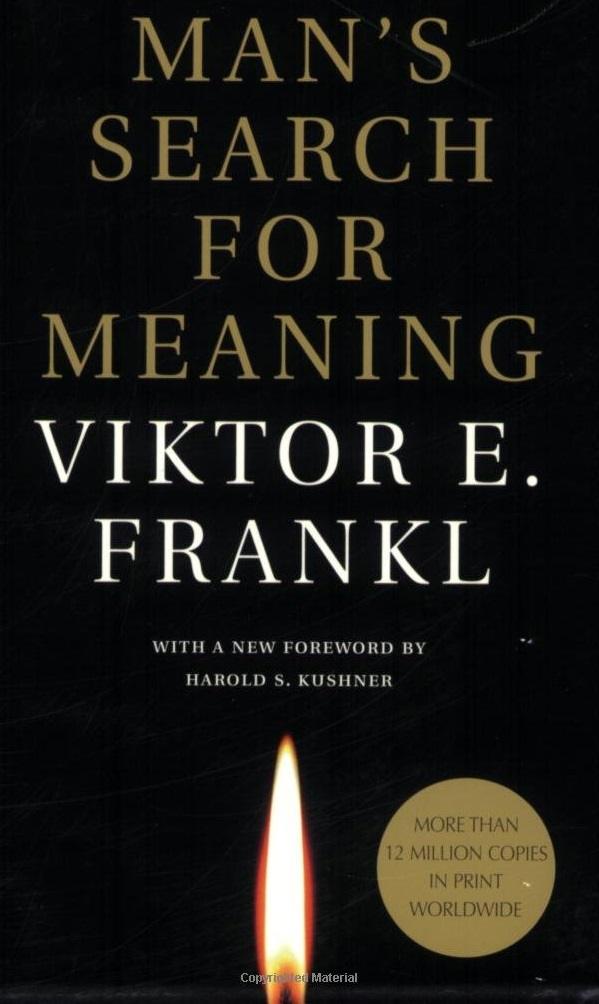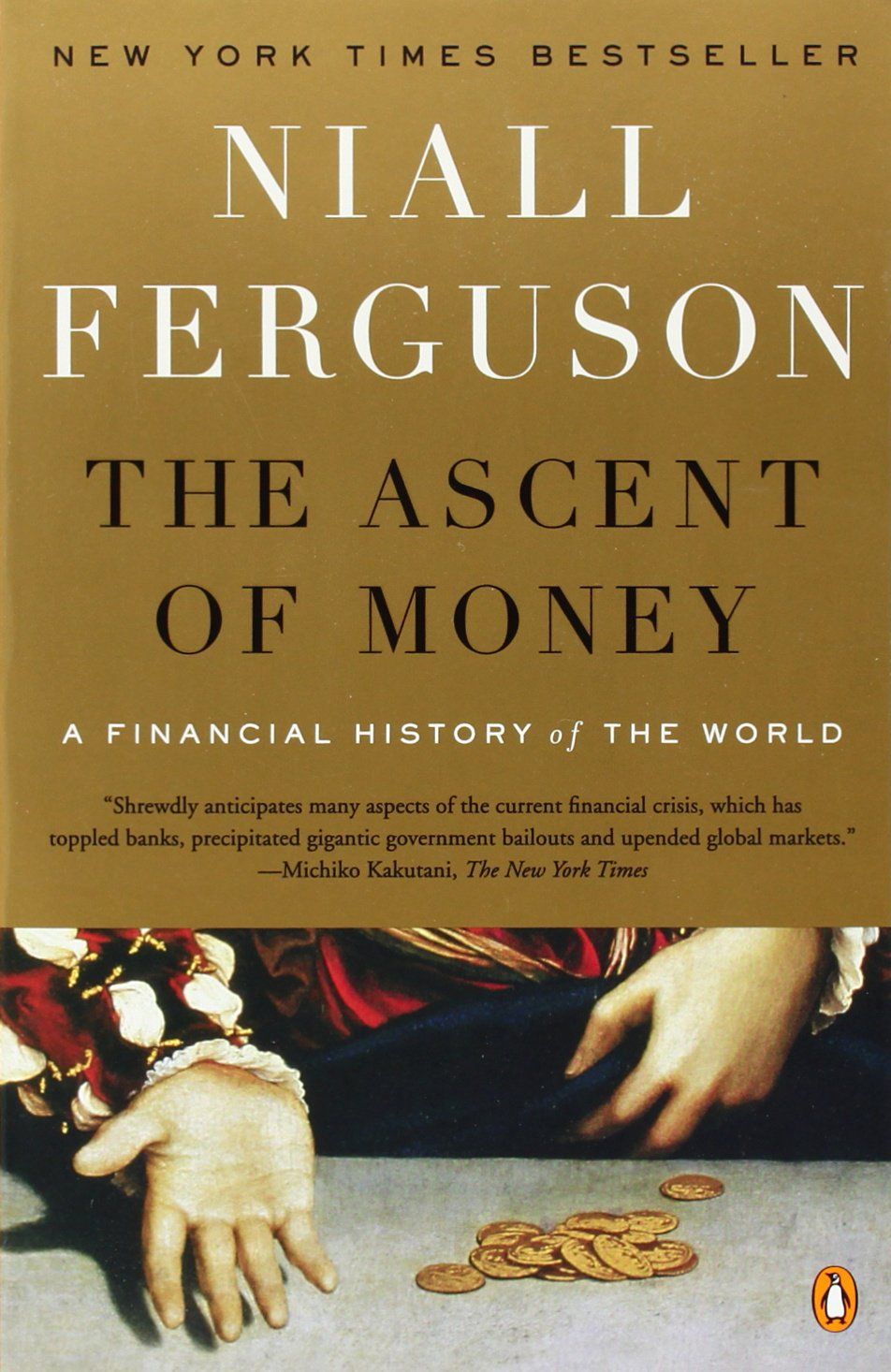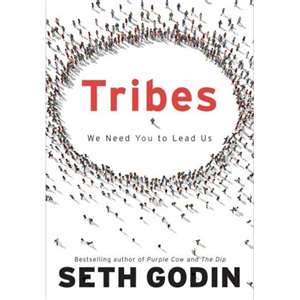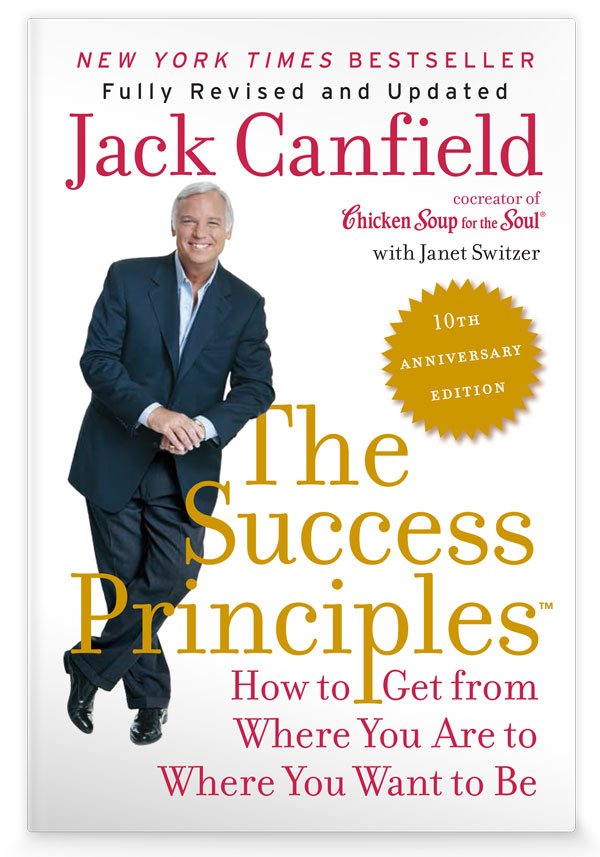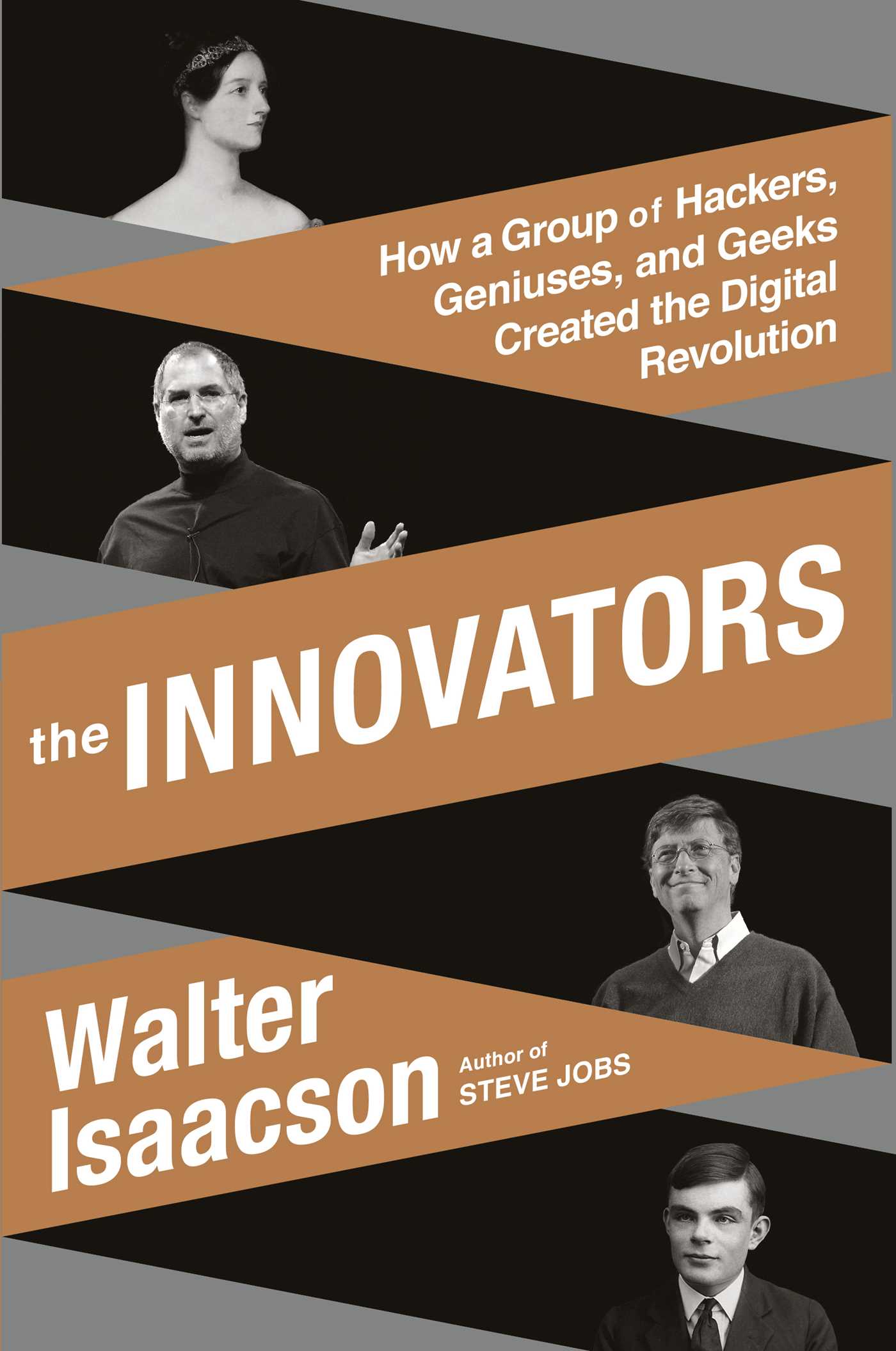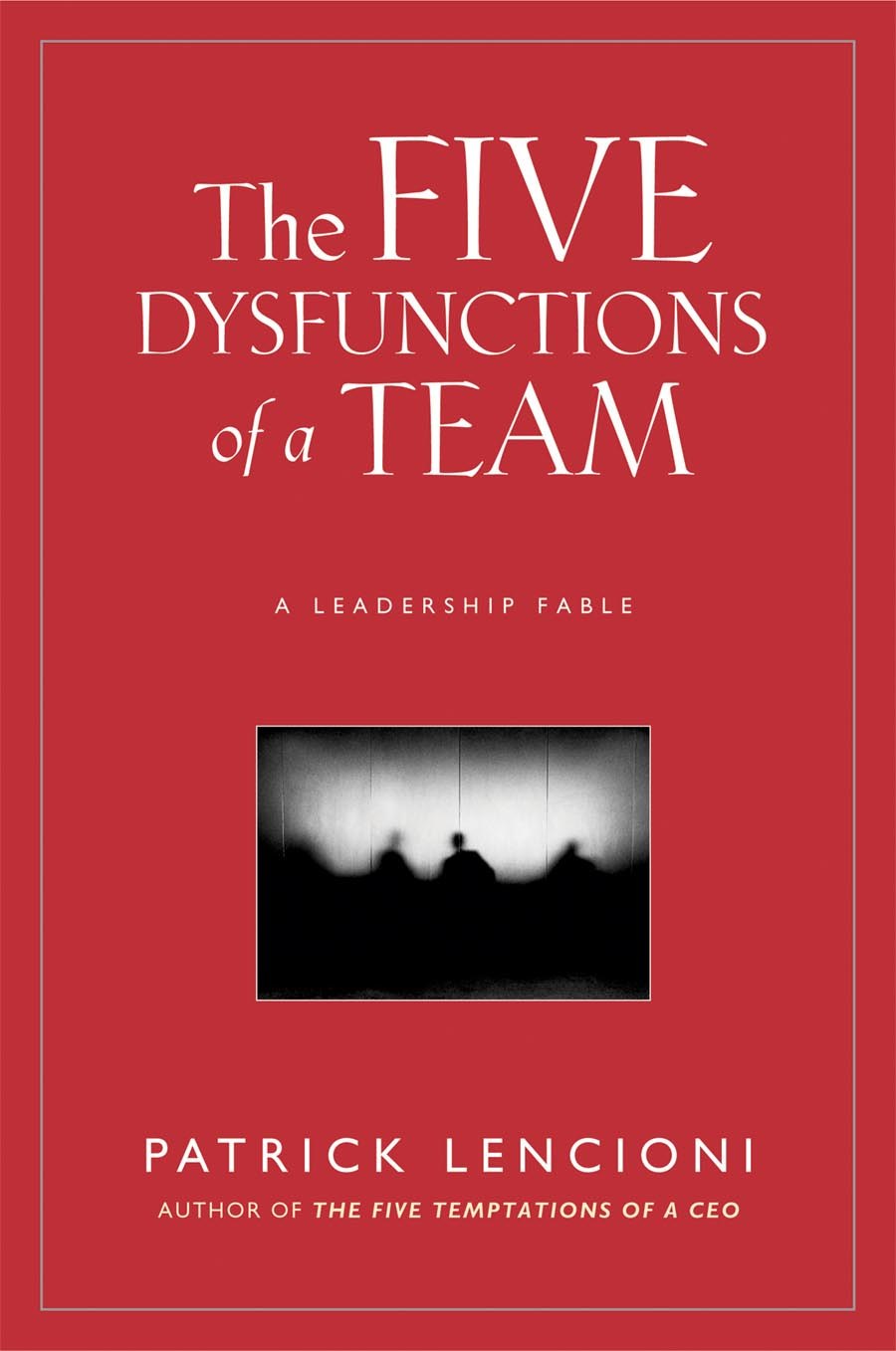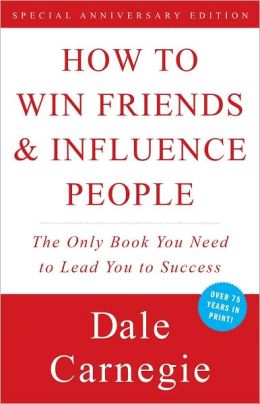1. “Good to Great” by Jim Collins
Jim Collins has earned a reputation as one of the best business authors and researchers of his generation. I have read several of his books and recommend starting with this title. For leaders in corporate America, this book is outstanding. In their chapter on leadership, the authors demolish the claim that egocentric CEOs are required for companies to achieve greatness. For an introduction to the ideas, read Good To Great by Jim Collins, an article that provides an overview of the book’s key ideas.
2. “Getting Things Done” by David Allen
Self-management and organization are essential for leaders. While some leaders have assistants to aid them, an assistant cannot help if you do not provide direction on what you want. David Allen’s classic book on organization provides a comprehensive system to organize your life and stay focused on priorities. After all, if you are distracted with your email inbox, you will never have the capacity to develop your people.
3. “Washington: A Life” by Ron Chernow
Leaders study other leaders. Washington himself studied Alexander the Great and Julius Caesar. This sweeping 800 page biography ranks as one of the best biographies I have ever read. As America’s first president and a central leader during the Revolutionary War, Washington holds a special place in the history of world leadership. Yet, I was most surprised to learn that Washington often avoided taking leadership roles because he was concerned that he would be labelled a dictator or would-be king. The book is also excellent in showing how Washington dealt with teams during the war and the presidency.
4. “Mastery” by Robert Greene
Leadership (and power) comes in many forms. In this book, Robert Greene explains how to become a master in a given field. The book covers mastery from a variety of approaches. For example, Green strongly encourages aspiring masters to apprentice themselves to masters who can teach them new skills and accelerate their growth. Whether you seek to achieve excellence in art, technology, business or another field, do yourself a favor and read this book.
5. “Developing The Leader Within You” by John C. Maxwell
“The pessimist complains about the wind. The optimist expects it to change. The leader adjusts the sails.” – John C. Maxwell Maxwell has made a name for himself as one of America’s top experts on leadership. I read this book last year when a friend gave it to me. Why should you read this book? Maxwell makes the point that leadership ability starts with your character and abilities. One of my favorite observations from the book: that problem solving is the quickest way to gain leadership. The book is also full of thought provoking comments and workbook style sections to help you put the ideas into action.
6. “Churchill: A Life” by Sir Martin Gilbert
“To improve is to change; to be perfect is to change often.” – Winston Churchill This one volume biography of Churchill offers an outstanding introduction to one of the greatest leaders of the 20th century. Written by Churchill’s official biographer, this book is a serious read that took me weeks to work through. Gilbert works through Churchill’s long career – in the Army, in the House of Commons and his leadership during the World Wars. For leaders seeking inspiration, I recommend studying Churchill for several reasons. First, Churchill was a master public speaker and writer: he won the Noble Prize in Literature in 1953. So his works are definitely worth studying. Second, Churchill faced the challenge of leading his country through terrible wars: if you are working through a difficult task, Churchill can inspire you.
7. “The Effective Executive” by Peter F. Drucker
Peter Drucker (1909-2005) was one of the most influential management thinkers in American history. This short book is an excellent companion to “Getting Things Done” referenced above. This book provides clear recommendations to help leaders master their time and make decisions effectively. These key skills separate top leaders from those who struggle to make an impact. Mark Horstman, the co-founder of the Manager Tools consulting firm, has read this classic book multiple times.
8. “Made to Stick: Why Some Ideas Survive and Others Die” by Chip and Dan Heath
Published in 2007, this book is a must read for leaders seeking to communicate a message to the world. Whether you are launching a new product, fundraising for a cause or simply making an impact, “Made To Stick” is well worth reading. For example, memorable ideas tend to be unexpected or have some surprising aspect. To learn the other key aspects of why some ideas fail and others succeed, read the book.
9. “Man’s Search for Meaning” by Viktor E. Frankl
After seeing this book recommended over and over again, I finally read this book in December 2014. And it is no wonder this book comes so highly recommended. Frankl shares his experience of enduring concentration camps during the Second World War and what he learned from the experience. For leaders who are struggling through a time of great suffering, Frankl’s book may be exactly what you need to gain a new perspective.
10. “The Ascent of Money: A Financial History of the World” by Niall Ferguson
Leaders need to know how the world of money works. For those seeking the big picture perspective, Ferguson’s book is one of the best books I have read on economic history. He explains the long relationship between risk and money. In addition, he also looks at the history of bubbles – the Dot Com bubble of 2000 and the housing bubble of the 2000s are only the latest installments in a much longer story. Reading books like this gives leaders the ability to ask better questions and handle money more effectively.
11. “Tribes” by Seth Godin
Godin first made his name as a marketing expert and has now moved on to broader questions of leadership and personal development. “Tribes” makes the point that digital tools allow almost anyone to become a leader. Godin shows that resources and tools are no longer the main restriction on leaders. Instead, leaders are only limited by their courage to stand up and organize a tribe around their shared interests. If you are looking for a book with practical ideas that you can read in a few days, “Tribes” is the book for you. Getting started leading a tribe doesn’t have to be difficult because we are living in project world. You don’t need outside funding to start a project or a tribe, you simply need ideas and some digital tools.
12. “The Success Principles: How To Get From Where You Are to Where You Want to Be” by Jack Canfield
Jack Canfield’s books and training programs have changed the lives of people around the world. I started by listening to this book on audio from Audible.com a few months ago. However, I found the book so valuable that I was happy to go on and buy the 10th anniversary edition in book form. The principles in the book – such as “Take 100% responsibility for your life” – are absolutely essential for leaders to absorb and practice. The book combines both foundation principles (e.g. on goal setting, visualization etc) and tactical recommendations on networking and advice to help you achieve your financial goals.
13. “The Innovators: How a Group of Hackers, Geniuses, and Geeks Created the Digital Revolution” by Walter Isaacson
As leaders, we regularly make use of digital technology. Yet, do you ever wonder where all our technological marvels came from? In this sweeping book of history, Isaacson introduces the reader to the many innovators that made the digital age possible. For leaders, the greatest lesson from this book is how often teams and cooperation made a difference. Very few technologies of note were solely created and promoted by a single individual – that means we can all do to improve our team work skills.
14. “The Five Dysfunctions of a Team” by Patrick Lencioni
What comes to mind when you think of teams? Do you think of a group of people coming together to achieve a challenging program? Or, do you think of a group that struggles to get real work done? When you lead people, especially if you are a leader of leaders, mastering the art of team work matters. Lencioni explains the factors that prevents teams from operating at a high level, such as a fear of results and a lack of trust. If you struggle with most business books, you will probably enjoy Lencioni’s style. He shares his principles through stories that are engaging and entertaining to read.
15. “How to Win Friends & Influence People” by Dale Carnegie
This classic book appears on many lists of top business books for a good reason. It is an excellent introduction to the people skills leaders need. Modern readers may find some of the language and examples in the book out of date, but do not let that stop you from reading. Carnegie’s book offers great tips to help you relate to other people (especially helpful if you are in sales or management). After all, making that connection with other people is a key leadership quality. Featured photo credit: Untitled/ Joe St.Pierre via flickr.com
